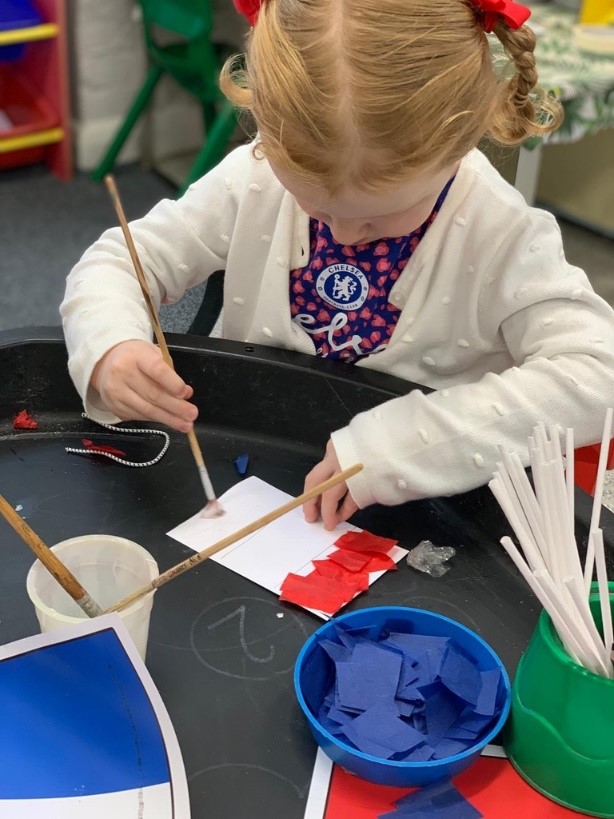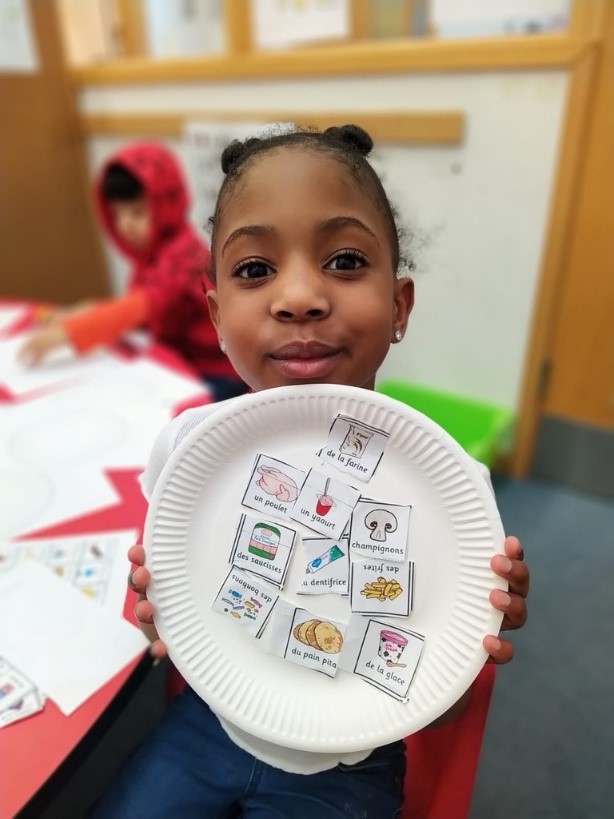


At St Anne’s we believe that the learning of a foreign language provides a valuable educational, social and cultural experience for all pupils. We live in a multi-cultural community, where much of the communication that takes place happens in a language other than English. Therefore, we believe that learning a language is a necessary skill for the members of our diverse society, as it provides an opening for our pupils to explore a range of cultures and links to their own lives.
The curriculum, which we have built at St Anne’s, enables the pupils to demonstrate the confidence in their ability to acquire new language skills and an appreciation of its value for their future leisure and career aspirations. The teaching of a modern foreign language will encourage them to be aspirational and ambitious individuals, with the knowledge and understanding that life is full of possibilities.
Pupils will develop key communication skills, while extending their knowledge of how language works throughout their French lessons, as there is a strong emphasis on speaking and listening during their time in KS2. Our language curriculum supports their progression in Literacy, by exploring and comparing the key similarities and differences within languages, specifically English and French. This exploration also encourages pupils to reflect on other similarities and differences in their mother tongue or other acquired languages. In order for children to develop their resilience and confidence in their own abilities, they will be encouraged to be risk takers whilst communicating in spoken and written French. This is turn will allow them to continually improve on the development of their pronunciation, intonation, and grammar. Supported by our annual French day celebration, children will strengthen their own sense of identity through learning about Francophone cultures around the world, food and colours, and compare it to their own experiences and community.
“Learning a foreign language is a liberation from insularity and provides an opening to other cultures. A high-quality languages education should foster pupils’ curiosity and deepen their understanding of the world. The teaching should enable pupils to express their ideas and thoughts in another language and to understand and respond to its speakers, both in speech and in writing. It should also provide opportunities for them to communicate for practical purposes, learn new ways of thinking and read great literature in the original language. Language teaching should provide the foundation for learning further languages, equipping pupils to study and work in other countries.” National Curriculum in England (DfES September 2013).
| Spring | Autumn | Summer | |
| Year 3 | Les nombres | Les sentiments | Calendrier ma famile |
| Year 4 | Au café | Les animaux | Dans la classe |
| Year 5 | Qu’est-ce que tu aimes faire? | La nourriture | Je m’habille |
| Year 6 | L’heure du conte | Dans la ville | La cuisine |
